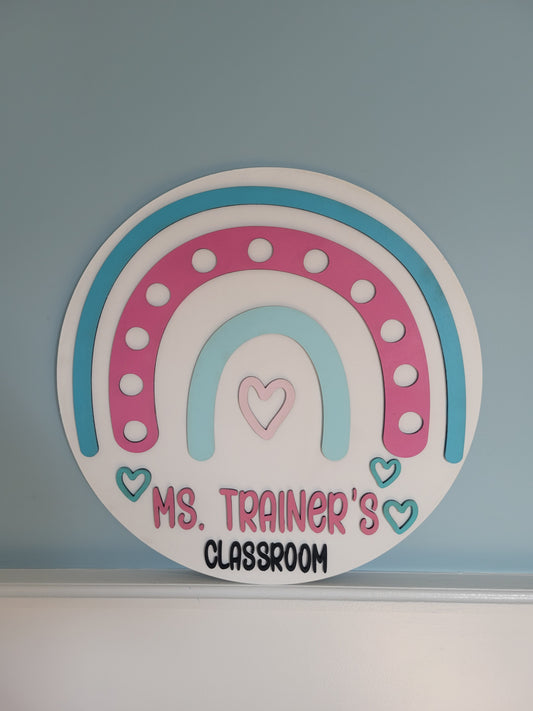Navigating Life’s Challenges:
Dealing with Depression and Suicide and Its Impact on Loved Ones
Life is a journey filled with ups and downs, moments of joy, and periods of struggle. While the good times are easy to navigate, it’s the challenging moments that often test our resilience. Depression and suicidal thoughts are some of the most difficult battles one can face, affecting not just the individual but also the loved ones and friends around them.
Understanding Depression:
Depression is more than just feeling sad or having a bad day. It’s a pervasive sense of despair that can make even the simplest tasks feel overwhelming. For some, it’s a constant companion that drains the joy from activities they once loved. It can be invisible to the outside world, making it hard for others to understand the depth of the struggle.
The Impact on Loved Ones:
When someone is dealing with depression, it can feel like they are carrying a heavy burden that weighs them down. For their loved ones and friends, it can be heartbreaking to watch someone they care about suffer. Often, those close to the individual may feel helpless, unsure of how to provide support or what to say. They might struggle with feelings of guilt, thinking they should have noticed the signs earlier or done something differently.
The ripple effect of depression extends beyond the individual, touching the lives of everyone around them. It can strain relationships, create tension within families, and lead to feelings of isolation on both sides. Friends and family members may not always understand the complexities of depression, leading to frustration or misunderstanding.
Dealing with Suicidal Thoughts:
Suicidal thoughts are a serious manifestation of depression and should never be ignored. They are a sign that the person is in deep pain and feels that ending their life is the only way to escape it. For those who love someone experiencing these thoughts, it’s essential to approach the situation with empathy, patience, and support.
If you or someone you know is struggling with suicidal thoughts, it’s crucial to seek professional help immediately. There are resources available, such as hotlines and counseling services, that can provide the necessary support. Remember, it’s okay to ask for help; you don’t have to go through this alone.
How to Support Someone with Depression:
1. **Listen Without Judgment**: Sometimes, the best thing you can do is simply listen. Let them express their feelings without fear of judgment or criticism.
2. **Encourage Professional Help**: While being there for your loved one is important, encouraging them to seek professional help is crucial. Therapists and counselors are trained to help navigate these complex emotions.
3. **Check In Regularly**: Consistent support can make a significant difference. Regularly checking in shows that you care and are there for them.
4. **Educate Yourself**: Understanding depression can help you provide better support. There are many resources available that can educate you about the condition and how to help someone struggling with it.
5. **Take Care of Yourself**: Supporting someone with depression can be emotionally taxing. It’s essential to take care of your own mental health too. Don’t be afraid to seek support for yourself as well.
The Importance of Open Conversations
Talking openly about depression and suicide is vital. It breaks down the stigma and lets those struggling know they are not alone. If you suspect someone is struggling, don’t be afraid to reach out and ask how they’re doing. Sometimes, a simple conversation can make a world of difference.
Final Thoughts:
Depression and suicide are challenging topics, but they are a reality for many. By supporting each other, educating ourselves, and encouraging open conversations, we can make a difference. Remember, life’s journey is not one we have to walk alone. Whether you’re struggling yourself or supporting someone who is, there is hope, and there is help available.
If you or someone you know is in crisis, reach out to a mental health professional or contact a suicide prevention hotline immediately. You are not alone, and help is always available.




